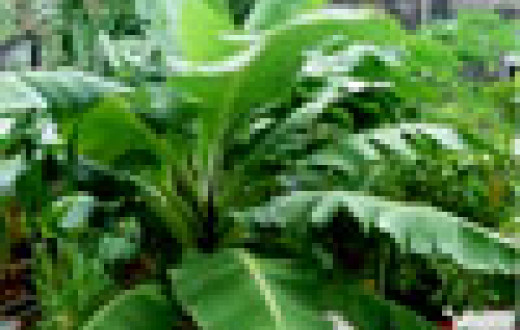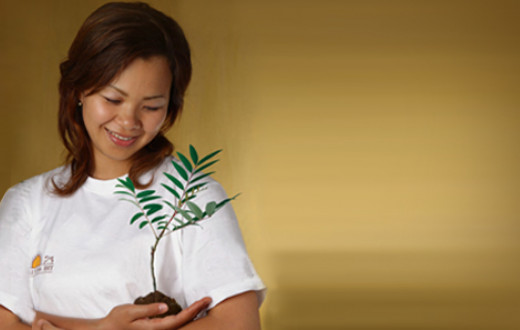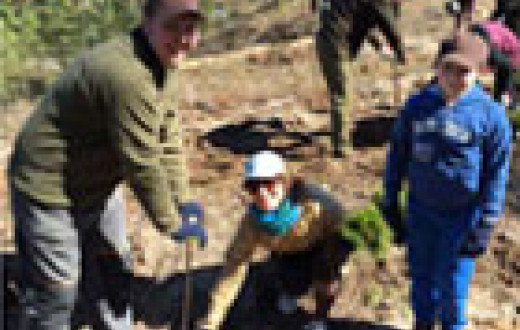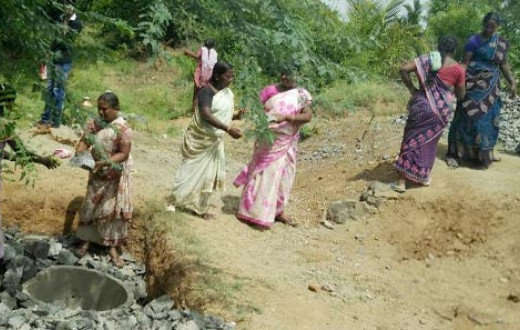India has traditionally been an economy that believes in sustainable development. Thanks to our self-reliance, we have always had systems that fueled themselves and led the whole country to prosperity. However, somewhere down the line, as we grew distant from our roots, more and more farmers got drawn towards ideas borrowed from the West and forgot the concept of natural farming.
Hybrid seeds, a product of modern agriculture, are genetically modified and highly susceptible to pests and diseases. The farmers are caught in the vicious circle of buying these expensive seeds with increased investments in pesticides, fertilizers, and water and leave them under a huge debt as well as infertile soil.
Against the backdrop of this unfortunate crisis in the agrarian sector of India, it has become extremely crucial to increase awareness about the desi seeds, their production, and use.
These seeds need lesser water, help maintain the fertility of the soil and require lesser investment in pesticides. The Art of Living’s Seed Bank (Beej Kosha) is an attempt to help farmers turn towards preserving and using the seeds.
The Art of Living is known to work on projects end-to-end. While the project of promoting natural farming was taken up, the organization realized that there cannot be any success unless two things are taken into account: farmers are trained in natural farming and desired seeds are acquired.
The Sri Sri Institute of Agricultural Sciences and Technology Trust’s (SSIAST) initiative to develop seed banks has given the farmers just the ‘seeds of hope’ to embark on the process of natural farming.

The excessive use of chemicals had led to the deterioration of the soil quality and increased the burden of debt on farmers. This motivated Pal to take action.
“I was distressed to see the amount of chemicals being used in farming and the hybrid seeds that flooded the market. I saw that indigenous seeds were literally disappearing,” Pal said.
He decided to address the issue and found his answers while conducting his training. So far, Pal has conducted agricultural workshops in 450 villages of West Bengal, reaching out to around 9,000 farmers. He has distributed over 180,000 saplings near the border areas of West Bengal. He has also compiled 45,000 agricultural booklets on natural farming and distributed them for free to village farmers and tribal people living near the border areas West Bengal, Assam, and Bangladesh.
Soon, Pal realized the necessity of creating indigenous seed banks. He started collecting rare quality indigenous seeds from farmers practicing natural farming and tribal who would go to the jungles to gather forest produce. After collection, he multiplied these different varieties of seeds and distributed them to over 1,000 farmers.

Pal had once brought high-quality tomato seeds from Assam and multiplied them to produce 5,000 packets of seeds to be distributed to the farmers. He had also collected desi rare quality brinjal saplings from Teesta, Mainaguri (West Bengal), multiplied them in his land and distributed the seeds to farmers of Bengal, Bihar, and Assam. The extensive seed collection, multiplication, and preservation led to the formation of indigenous seed banks.
Inspired by Gurudev Sri Sri Ravi Shankar’s teachings on sustainable living and natural farming, Pal is reaching out to more and more farmers each passing year. As his untiring efforts find favors with farmers, we can look to a sustainable, prosperous economy in the future.



















